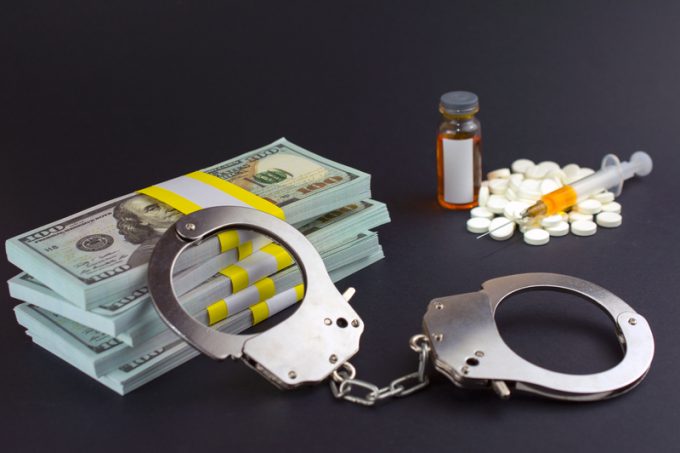Golden State fast becoming a 'goldmine' for organised cargo crime
Cargo crime “is really going through the roof everywhere, globally”, according to the president and ...

The focus of vaccine distribution so far has been on airline capacity and the ability to deliver at the correct temperature – but security will also be crucial, with armed escorts and convoys expected to be used.
In fact, it will be “the biggest security challenge ...
MSC switches two more Asia-Europe port calls from congested Antwerp
Front-loading frenzy has made traditional H2 peak season 'unlikely'
Tradelanes: Export boom in Indian sub-continent triggers rise in airfreight rates
Carriers introduce surcharges as congestion builds at African ports
Mexican airport modernisation plan unlikely to boost cargo facilities
Ports and supply chain operators weigh in on funding for CPB
Box ship overcapacity threat from carrier appetite for new tonnage
Tradelanes: Overcapacity on Asia-S America impacting alliances and rates

Comment on this article